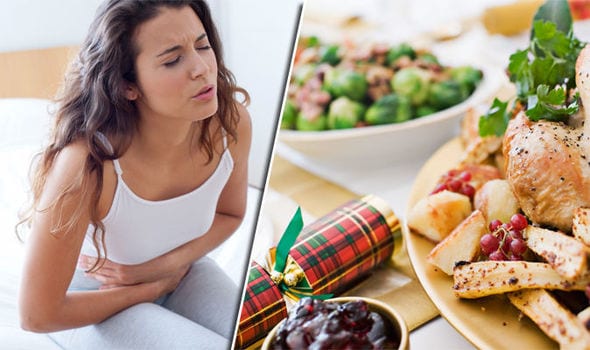Food poisoning is a common problem wherever you are in the world. In fact, it affects 5.4 million people in Australia alone each year. At the very least, food poisoning causes dehydration, which may still lead to serious health problems if not dealt with properly. For young children and the elderly, food poisoning can even be fatal. Click here to find out what can help against food poisoning.
What is food poisoning?
By definition, food poisoning is an illness that results from eating food that’s contaminated by bacteria, a virus, or toxic substances. The trouble with food poisoning is that you can get it from food that you otherwise thought was safe. Symptoms mostly begin within 2 to 6 hours of ingestion and may include abdominal cramping, fever, diarrhoea, headache, nausea, vomiting, and muscle weakness. According to the Australian Institute of Food Safety, over 120 people die of food poisoning in Australia every year.
The good news is that there are steps you can take to prevent you or your loved ones from ingesting food that can be harmful to your health. Below, we’re sharing with you how.
1. Find out which foods have a high-risk of contamination
Food contamination is not just limited to foods that people typically deem unsafe, such as seafood and poultry. Prepared vegetables, fruits, and salads can be potentially harmful too.
The bacteria that cause food poisoning can live and grow on some type of food easier than others. Affected food will usually look, smell, and taste normal. Below is a list of potentially affected foods and what measures you can take to prevent food poisoning:
- Meat and poultry: Avoid eating spoiled or raw meat.
- Eggs and dairy: Avoid eating raw eggs, as well as drinking unpasteurised milk.
- Vegetables: Be careful with raw sprouts such as mung, clover, alfalfa, and radish.
- Seafood: Make sure you cook seafood long enough to kill any contamination.
- Ready-to-eat foods: Beware of frozen pizzas, pre-prepared sandwiches, and similar foods.
Because it’s often difficult to tell when food is contaminated, it’s best to be knowledgeable in emergency care. Consider enrolling in first aid courses in Gold Coast or other major cities so you can offer help in cases of food poisoning.
2. Keep your hands and kitchen clean
It’s vital to wash and dry your hands and kitchen utensils thoroughly before handling food. This applies in other situations as well, such as before handling raw food, after going to the toilet, touching the bin, or touching your pets.
Furthermore, keep dishcloths and kitchen towels regularly cleaned. Let them dry completely before you use them again since damp cloths are a perfect place for germs to thrive. During food preparation, wash the worktops before and after using to make sure you get rid of any residue that may cause health problems over time.
3. Cook food thoroughly
Cooking food long enough and at the right temperature can greatly reduce the risk of food contamination. Make sure the poultry and meat are cooked until the juices run clear and no pink meat is left inside. Also, always serve food while steaming hot, even when you’re reheating leftovers. Avoid reheating leftover food more than once. Learn how other people find relief against food poisoning.
When storing leftovers, place them in a covered container and let them cool before putting them in the fridge or freezer. Depending on the leftover food you have, it’s usually best to consume them within 24-48 hours to ensure they don’t go bad.
4. Know the best storage conditions for food
Keep your fridge temperature below 5 °C using the fridge thermometer. This will prevent harmful germs from thriving. When storing in the freezer, make sure the temperature is at -15 °C or colder.
It isn’t a good idea to overstock or overfill your fridge. This prevents the proper circulation of air, which can affect the overall temperature of the fridge and its contents. Remember to also separate cooked food from raw food. Store raw food at the bottom of the fridge to prevent its juices from dripping onto other food.
5. Watch out for cross-contamination
Cross-contamination happens when bacteria get transferred from one place to another, such as from raw food to already prepared food. Bacteria can also get transferred by your hands, on cutting boards, cutlery, or other kitchen utensils. Raw meat, especially chicken, is the most likely source of cross-contaminating bacteria.
You can enjoy your food without the dangers of food poisoning.
Maintaining cleanliness and proper organisation in the preparation, storage, and cooking of food is crucial in preventing food poisoning in your household. While this may take some effort on your part, doing so helps keep yourself and your loved ones safe, happy, and healthy.

